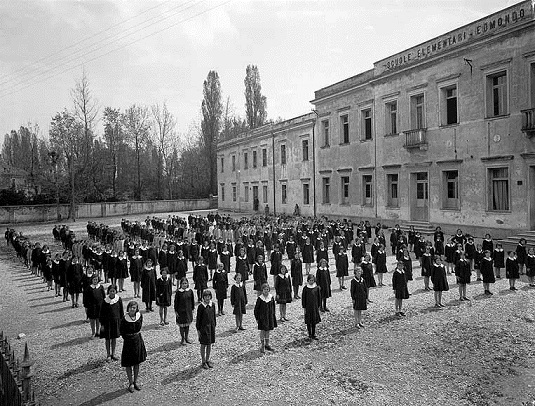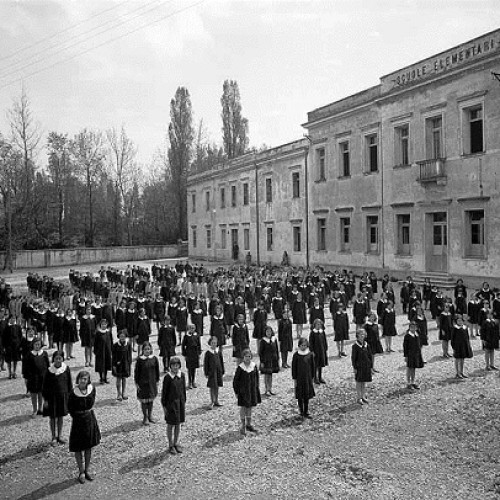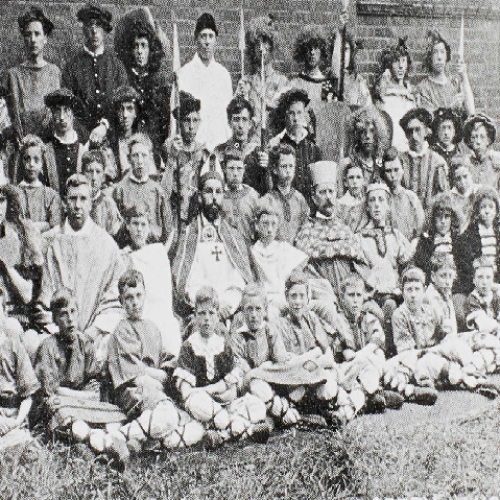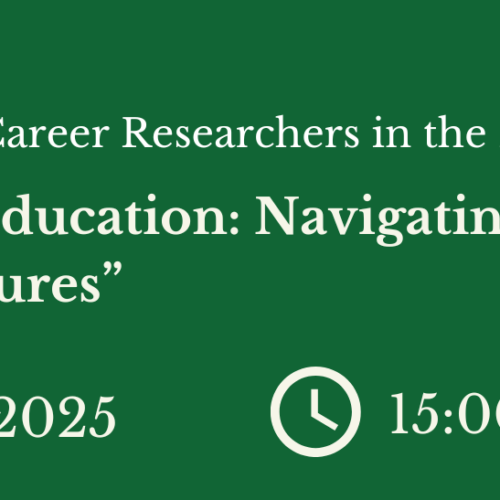‘Timeless Memories’: Memory and Temporality in Histories of Education
History of Education UK Annual Conference, 5 – 7 November 2021. Online.
An online conference hosted by the Domus Centre for Interdisciplinary Research in Histories of Education and Childhood, University of Birmingham.
Call for Papers:
The last decade or so has seen both a ‘temporal turn’ in historical research and a growth in memory studies, to the extent that as one historian has noted the discipline of history has refreshed itself. Historians have used public and private memories as a lens to observe and tell the stories of the past in the present. Memory is used to encode, process and save information. It gives meaning and legitimacy to the present. Of course, the concepts of time and memory in circulation are part of the Western episteme and there is an intimate connection between the imperial project and the imposition of Western temporalities and coercion to abandon indigenous temporalities. These processes not only fostered a ‘temporality of trauma’ but also had an impact on determining what and how moments and events were memorialised and by whom? What is forgotten and what is remembered is a political act, whether within the imperial project of colonial domination or under totalitarian regimes ….
About author
You might also like
CfA: Sofja Kovalevskaja Award for young research talents. Deadline: Jul. 31 2018
Sofja Kovalevskaja Award for young research talents Application deadline: 31 July 2018 Valuable seed capital and the best conditions for junior researchers from abroad: with the Sofja Kovalevskaja Award, the
CFP: ASMI Conference on “Educating Italy (1796-1968)” London 4-5 December 2015
 Call for Papers for the 2015 ASMI Annual Conference on “Educating Italy (1796-1968 ca): Local, national and global perspectives”, to be held at the Italian Cultural Institute in London on 4-5 December 2015. Deadline for submission of proposals: 15 July 2015. Full details are available at http://asmi.org.uk/
Call for Papers for the 2015 ASMI Annual Conference on “Educating Italy (1796-1968 ca): Local, national and global perspectives”, to be held at the Italian Cultural Institute in London on 4-5 December 2015. Deadline for submission of proposals: 15 July 2015. Full details are available at http://asmi.org.uk/
CFP UK History of Education Society Conference. Deadline: March 31, 2017
Celebration, Commemoration and Collaboration: milestones in the history of education November 10th – 12th 2017 In 2017 as the History of Education Society (UK) celebrates 50 years of scholarship and




